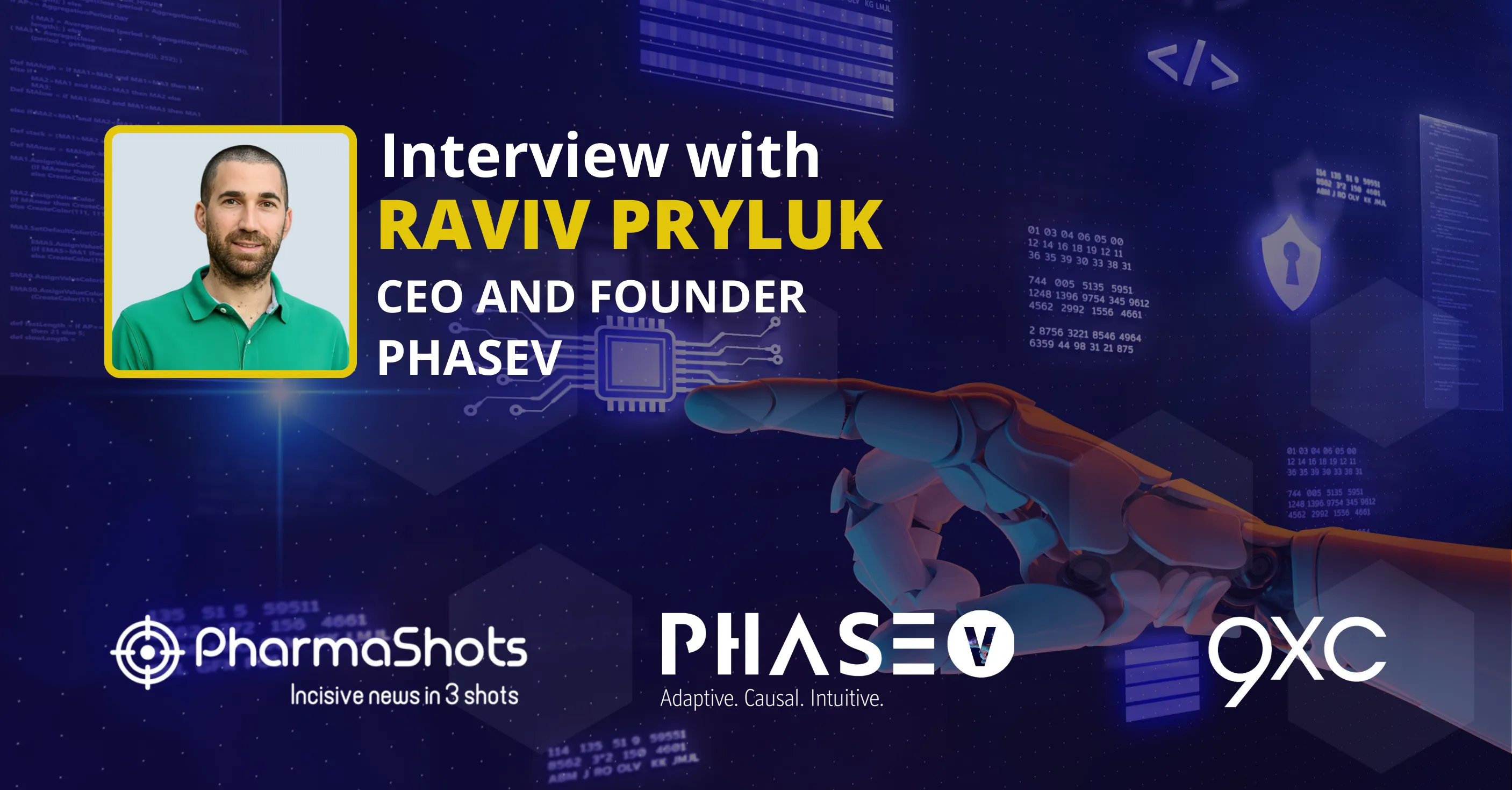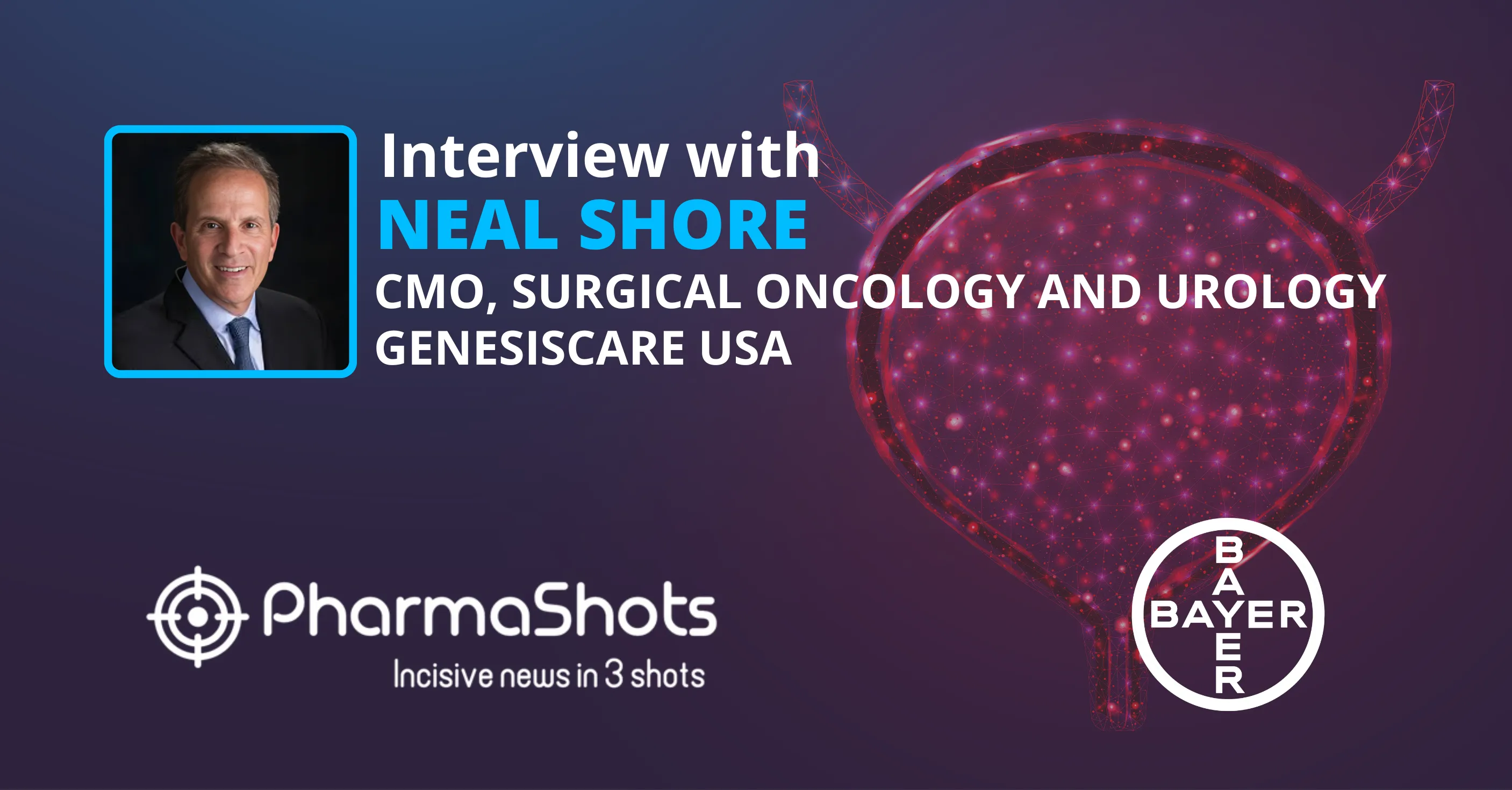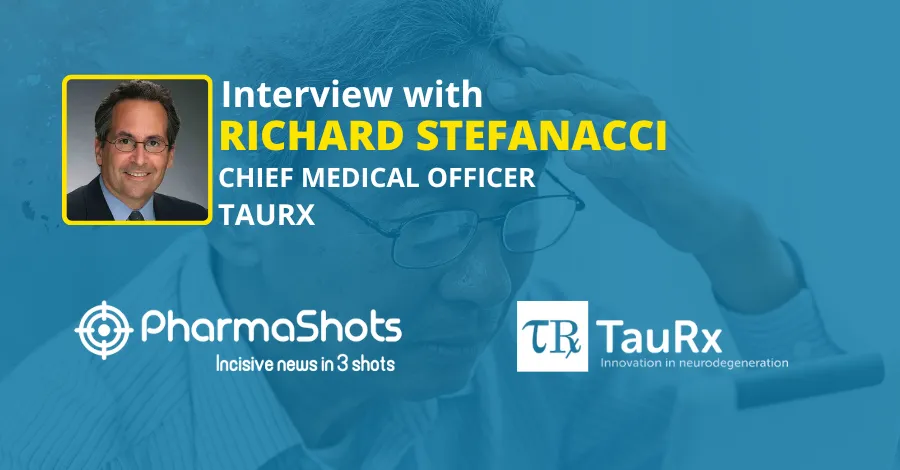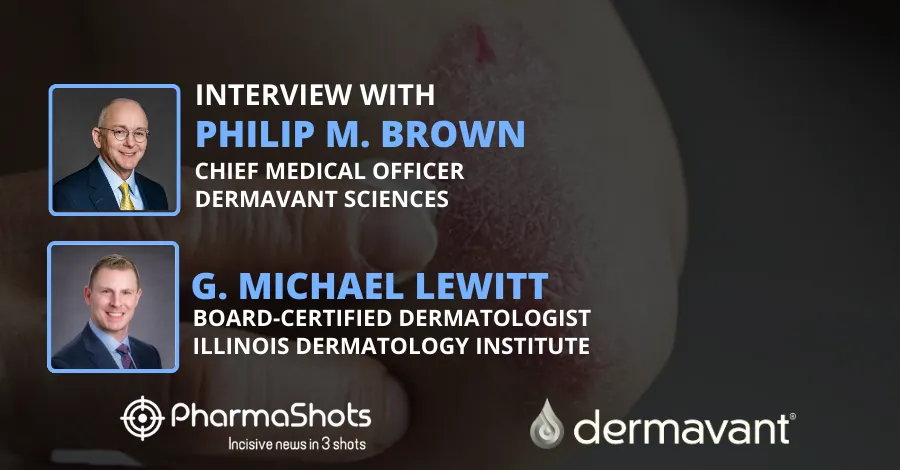
PharmaShots Interview: Maxwell Biosciences' Dr. Gill Diamond and Joshua McClure Share Insights Novel Peptoids with Potent Antiviral Activity Against HSV-1 and SARS-CoV-2
In an interview with PharmaShots, Dr. Gill Diamond, Scientific Advisory Board Member and Joshua McClure, CEO and Co-founder of Maxwell Biosciences share their views on the news findings of the company published in MDI that demonstrated that several peptoids exhibit potent in vitro antiviral activity against both HSV-1 and SARS-CoV-2.
Shots:
- The studies showed that antiviral peptoids disrupt the phospholipid envelopes of the viruses by a mechanism like that observed for natural human antiviral peptides
- CLAROMER platform compounds are novel oligomers with peptide-like properties called peptidomimetics or more commonly, peptoids. Peptoids possess desirable attributes of both small molecules and peptides but are completely synthetic cationic foldamers
- Maxwell is collaborating with scientists and institutions around the world targeting formerly untreatable viruses with product candidates that appear well-tolerated in the infected tissues
Tuba: Give the key highlights of the research finding published in Multidisciplinary Digital Publishing Institute.
Dr. Gill: The paper published by the Multidisciplinary Digital Publishing Institute, in the journal Pharmaceuticals, contains the first published study illustrating the antiviral activity of compounds belonging to a novel stabilized cathelicidin platform, recently named CLAROMER brand anti-infectives. These compounds are well published for their antibacterial, antifungal, and anticancer properties.
CLAROMER platform compounds are novel oligomers with peptide-like properties called peptidomimetics or more commonly, peptoids. Peptoids possess desirable attributes of both small molecules and peptides but are completely synthetic cationic foldamers.
We showed that several of the CLAROMER antiinfectives were able to directly inactivate Herpes Simplex Virus Type 1 - a virus that can cause herpes labialis (cold sores), herpes keratitis, which is a leading cause of ocular blindness, and herpes genitalis (genital herpes).
In addition, CLAROMER antiinfectives were also shown to be active against SARS-CoV-2, the virus that causes COVID-19.
These CLAROMER compounds have been shown to destroy the virus while it is still outside the cell by disrupting the viral envelope, a membrane that surrounds the virus. Furthermore, we showed that the compounds were well-tolerated by mouth tissues, suggesting they may be useful when applied topically to the lips, for example.
Tuba: Why do you think there is a need for new antiviral agents?
Dr. Gill: Viral infections are very difficult or impossible to eliminate with standard antiviral treatments since they work by slowing the host's biology which the virus uses to replicate. Similar to natural antimicrobial peptides, CLAROMER peptoids act directly on the virus, inactivating it and neutralizing its ability to infect a cell.
Additionally, there are many viral infections that have no available antiviral treatment. As we have seen from the difficulties in developing antiviral treatments for COVID-19, there is a need for new antiviral drugs in general, and specifically, drugs that can be adapted more readily against emergent new viral strains such as novel strains of SARS-CoV-2. The CLAROMER mechanism of action, membrane disruption, is expected to enable more generalizable and rapid development of antiviral candidates.
Tuba: What are antimicrobial peptides? Do they have the potential to treat viral infections?
Dr. Gill: Antimicrobial peptides (AMP) consist of a broad range of naturally occurring compounds that form part of the innate host-defense system. They can be characterized as either linear cationic amphipathic peptides or macrocyclic peptides and consist of many different classes including defensins, cyclotides, and cathelicidins, etc.. Antiviral peptides are a subset of AMPs that have been shown to have antiviral activity and can be found in all species, including plants, arthropods, marine animals, and mammals, for example.
The CLAROMER antiinfective platform is based on the natural human cathelicidin, LL-37. LL-37 is primarily deployed by macrophages and leukocytes but is also produced in epithelial tissues as the first line of defense against infection. LL-37 selectively targets and destroys invading pathogens before they get a chance to infect cells and colonize tissues. It plays an important role in preventing infections, and primarily works in a well-studied mechanism of action - disrupting and destroying microbial and viral membranes. However, LL-37 and other antimicrobial peptides have very short half-lives in vivo which has historically complicated attempts to make them available in the clinic.
The CLAROMER compounds have been designed to mimic the antimicrobial and antiviral properties of LL-37 in a stabilized small molecule structure. These completely synthetic peptide-mimics of LL-37 are stable in vivo but otherwise behave similarly to LL-37. Thus we believe they are excellent candidates for development as antiviral or virucidal drugs for a broad range of viruses.
Tuba: Discuss in-depth biomimetic antiviral peptoids. Also, put some light on its effectiveness on HSV-1 & SARS-CoV-2 infections.
Dr. Gill: CLAROMER brand peptoids are nonpeptide mimics of cathelicidin peptides, peptidomimetics. Like peptides, they form what is known as an amphipathic structure, where one side of the peptide is hydrophobic, while the other is hydrophilic and cationic. Together, this structure allows them to attach to the negatively charged phospholipids of microbial membranes, and disrupt membrane coherence, rapidly leading to viral inactivation.
While a peptide is a polymer of amino acids, CLAROMER anti-infectives (peptoids) are polymers based on oligo-N-substituted glycine back-bones designed to mimic peptides and proteins. Structurally, instead of the functional group attached to the central carbon, as in standard amino acids, the monomers of these fully synthetic peptoids have the functional group attached to the nitrogen of the amino group. This means that the peptoids still have the desired chemical characteristics of the peptide upon which they were designed, but are not able to be cleaved by protease enzymes that would otherwise break natural amino acid peptide bonds.
However, similar to human cathelicidin peptide, LL-37, antimicrobial peptoids selectively bind microbial and viral membranes with comparable speed and efficiency and neutralize the pathogen. This allows these particular peptoids to inactivate many types of pathogens, even very structurally different viruses, such as HSV-1 and SARS-CoV-2. The only major similarity between the two viruses is that they both are enveloped by a viral membrane. Based on our initial results, we observe that the peptoids selectively bind to the viral envelope (avoiding the host cell), and break the viral envelope apart, thus directly neutralizing the virus.
Tuba: Can we have a glance at Maxwell's Development programs?
Joshua: The CLAROMER platform is capable of stable biomimicry of many types of peptides. Our pipeline is currently developing cathelicidin-like product candidates designed to selectively treat several types of herpes topical and viral lung infections in which the medical need is not currently met. We plan to interact with the FDA at a pre-IND meeting for our first product in 2022.
Tuba: Put some light on the term 'Zero-Day Therapeutics'.
Joshua: Over a decade of published studies show that CLAROMER brand anti-infective peptoids appear to mimic the broad-spectrum nature of natural cathelicidins. Humanity needs safe, easy to produce therapeutics for emerging, novel viral threats. This platform has the potential to produce broadly applicable therapeutics that may be effective against an emergent viral threat on 'day zero' of an outbreak.
Tuba: How are Maxwell's CLAROMER peptoids different from the other antiviral therapies available in the market?
Joshua: Current antiviral products work by slowing the host's biology which the virus uses to replicate. They do not kill the virus or prevent the virus from infecting a cell. In contrast, the CLAROMER antiviral compounds work directly on the viral envelope, causing inactivation of the virus and preventing the virus from infecting the host cells. There is also evidence that CLAROMER antivirals bind with viral DNA and proteins further disrupting viral mechanisms. Indeed, the different mechanisms of action mean that the presence of both existing antivirals and CLAROMER antiinfectives in the market has the potential for synergy and not just competition.
Tuba: Are you planning to mimic the potential of peptides in other viral infections?
Joshua: Maxwell is collaborating with scientists and institutions around the world targeting formerly untreatable viruses with product candidates that appear well-tolerated in the infected tissues. We have some exciting findings but are unable to discuss those just yet.
Tuba: Share the growth of Maxwell Biosciences (their work, achievements, collaborations, latest funding) with our readers.
Joshua: Maxwell's scientific co-founder, Annelise Barron, recently won the NIH Pioneer Award which comes with millions in grant funds. While Maxwell benefits from over $30 million in grants, the company has only recently begun raising money from investors. A well-known pharmaceutical industry CEO and investor, David Evans Shaw, recently became a major investor and is introducing our executives to venture capitalists and mentors accustomed to financing the launch of early-stage biotech companies.
Image Source:
About Gill Diamond:

Dr. Gill Diamond is a Scientific Advisory Board Member at Maxwell Biosciences and a professor at the University of Louisville.
About Joshua McClure

He is the CEO, Co-founder, Co-inventor & Board of Directors of Maxwell Biosciences. He is a multi-patent holder with a background in military and commercial intelligence.
Tags

This content piece was prepared by our former Senior Editor. She had expertise in life science research and was an avid reader. For any query reach out to us at connect@pharmashots.com













